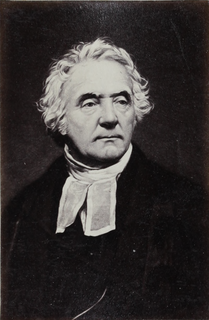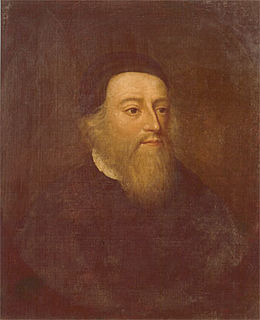A Quote by Thomas Chalmers
Acts of virtue ripen into habits; and the goodly and permanent result is the formation or establishment of a virtuous character.
Related Quotes
According to great masters, there is no sin and there is no virtue. There is only one thing: that is awareness. If you are aware, you can do anything you want and it is not sin. If you are not aware, you may do so-called virtuous acts, but there is no virtue in them. Out of unconsciousness virtue cannot blossom. It blossoms only when you are full of light, full of love, full of consciousness.
In a word, acts of any kind produce habits or characters of the same kind. Hence we ought to make sure that our acts are of a certain kind; for the resulting character varies as they vary. It makes no small difference, therefore, whether a man be trained in his youth up in this way or that, but a great difference, or rather all the difference.
There is no substitute for virtue. Keep your thoughts virtuous. Rise above the filth that's all around you in this world and stand tall in strength and virtue. You can do this and you will be happier for it for as long as you live. God bless you in cherishing, developing and holding on to this great gift, the quality of personal virtue.
To point out the importance of circumspection in your conduct, it may be proper to observe that a good moral character is the first essential in a man, and that the habits contracted at your age are generally indelible, and your conduct here may stamp your character through life. It is therefore highly important that you should endeavor not only to be learned but virtuous.
































